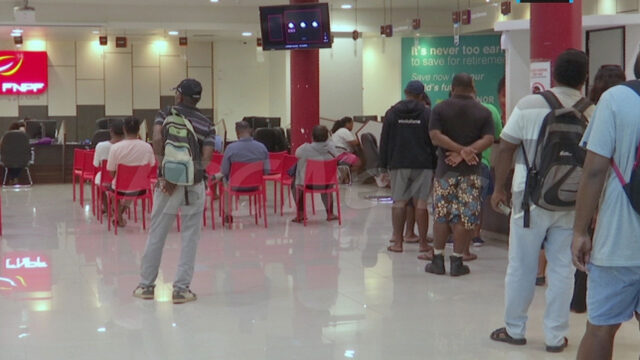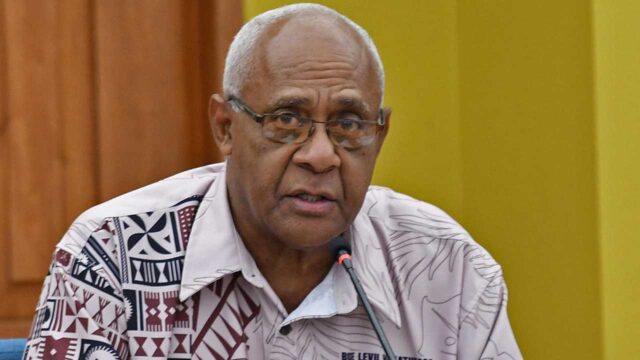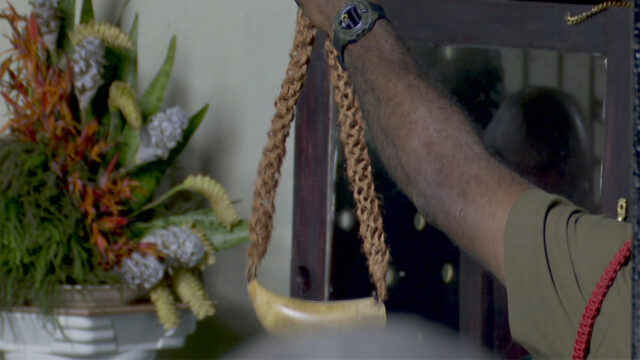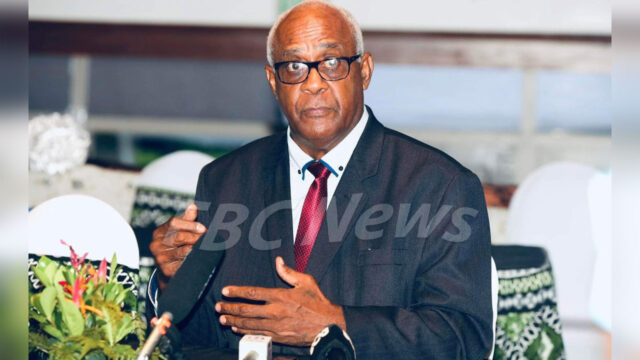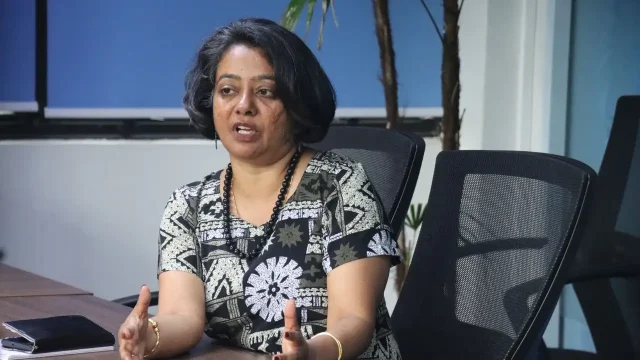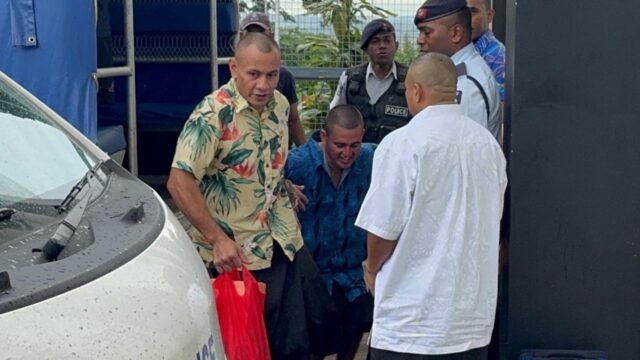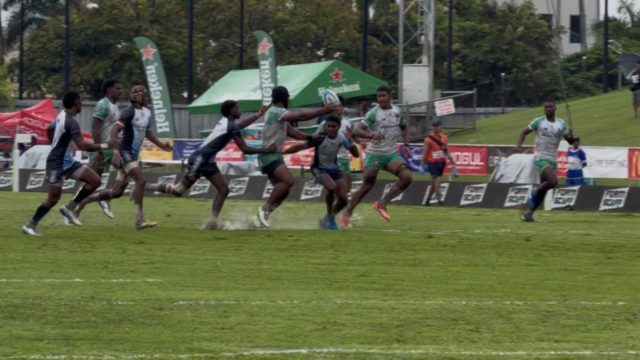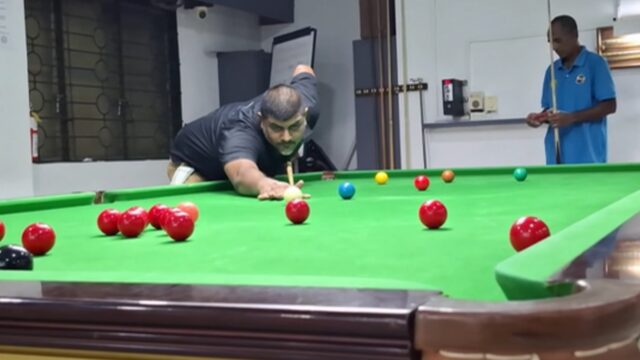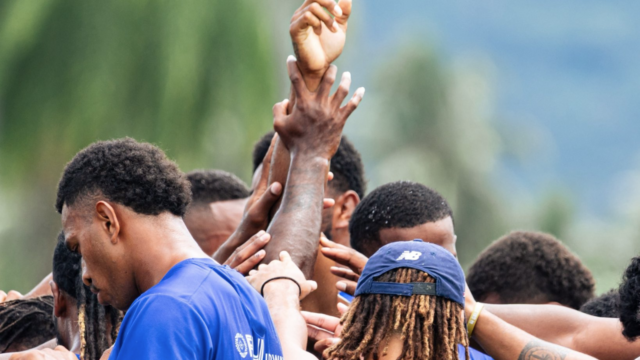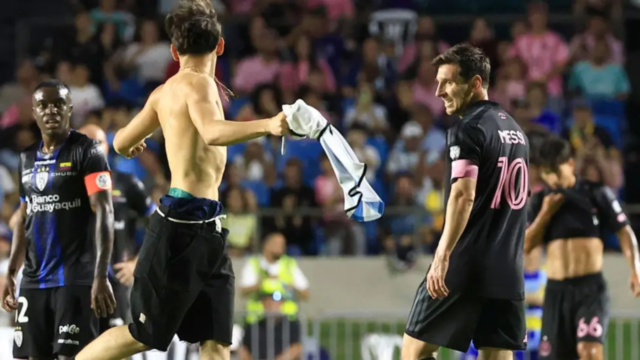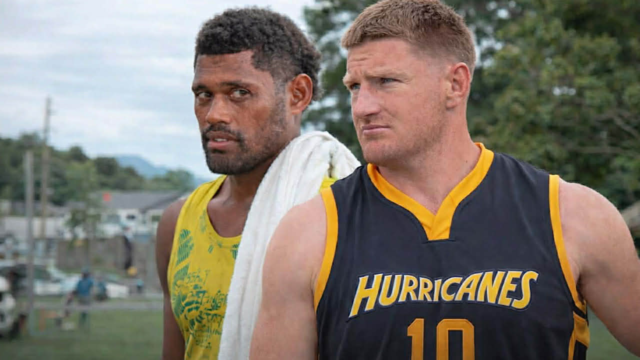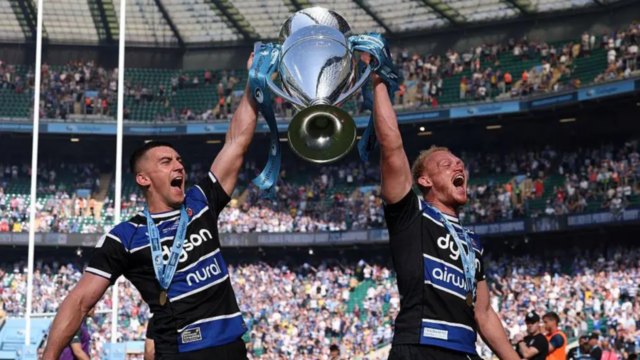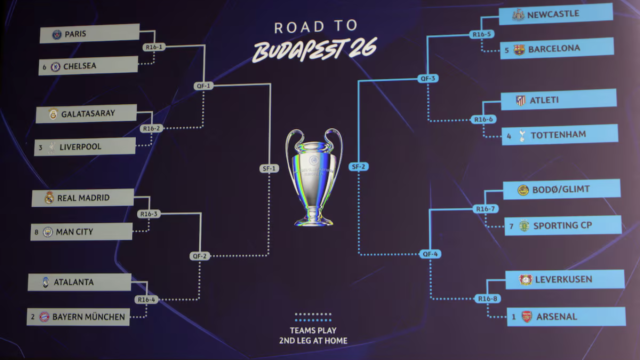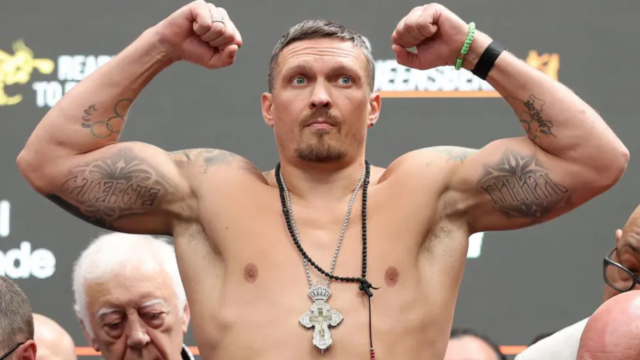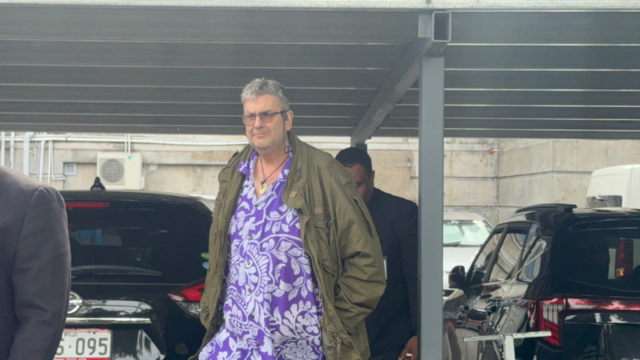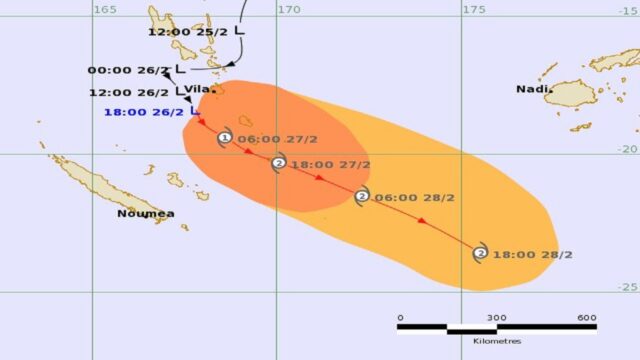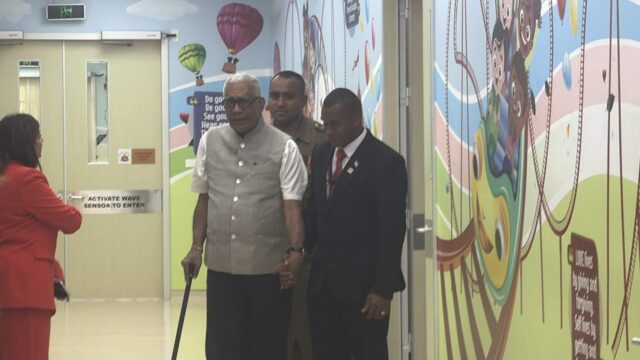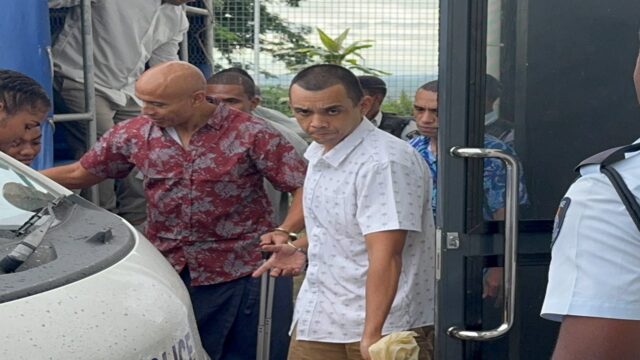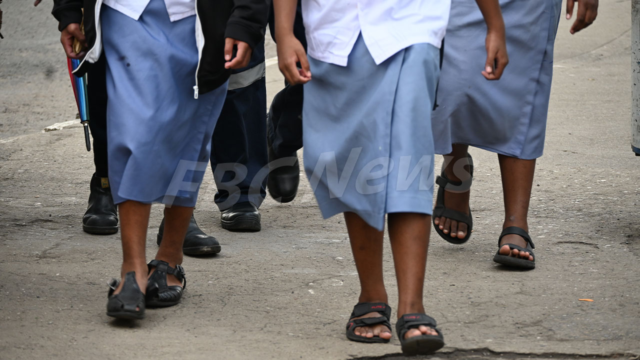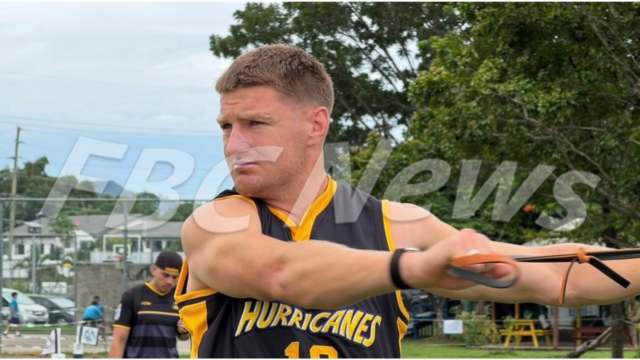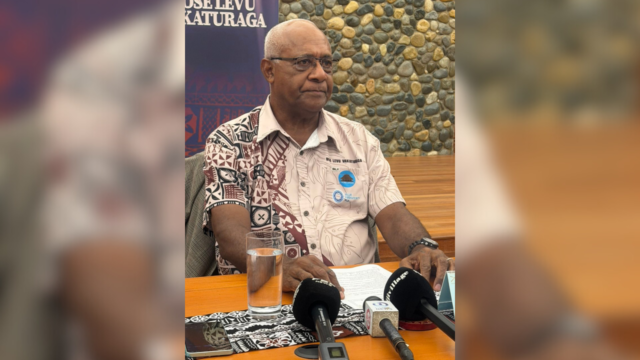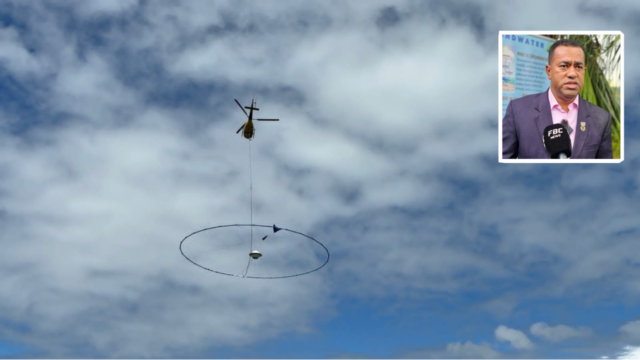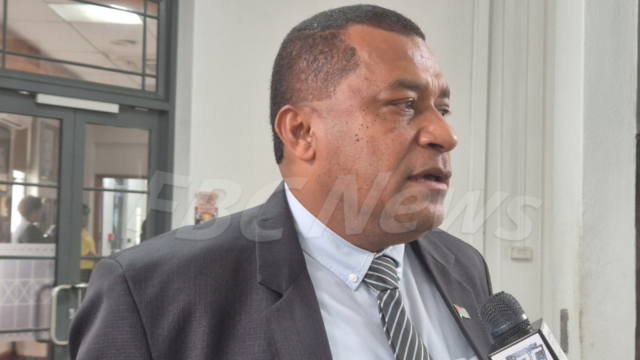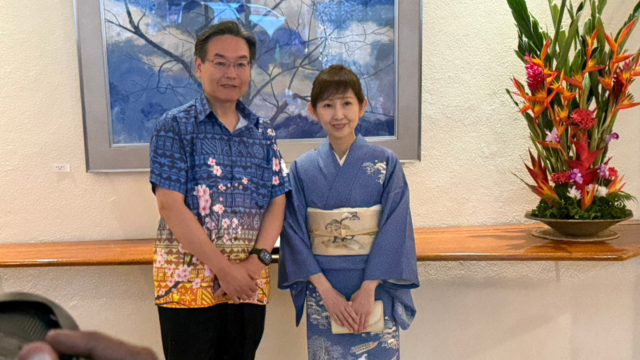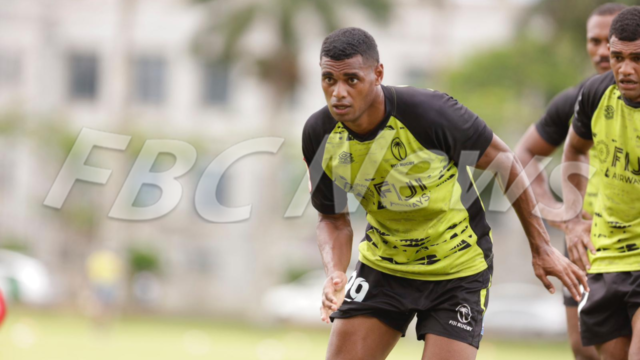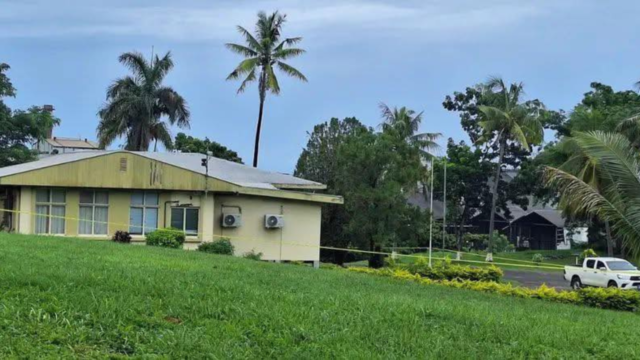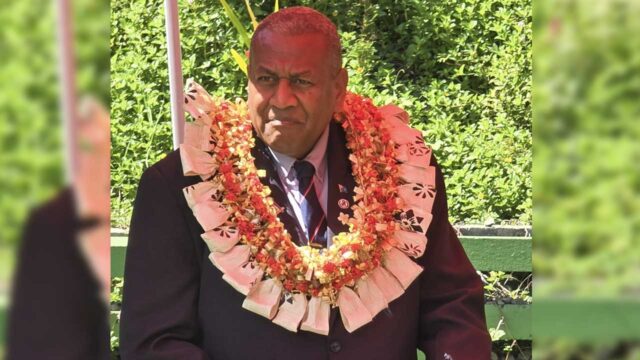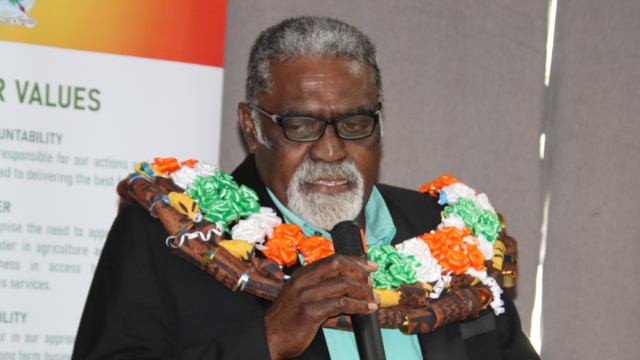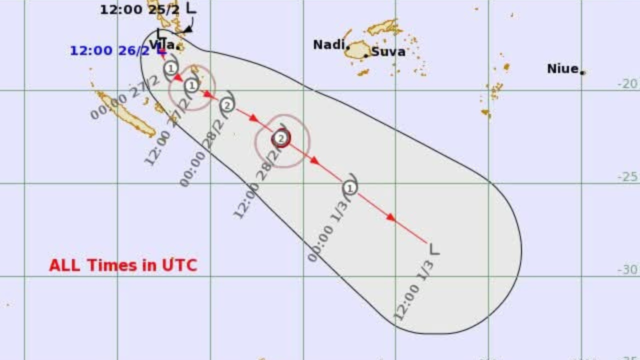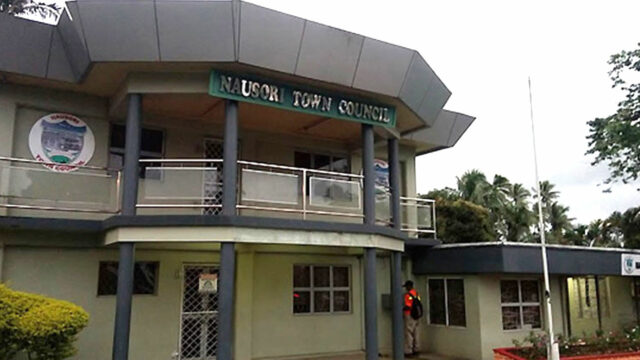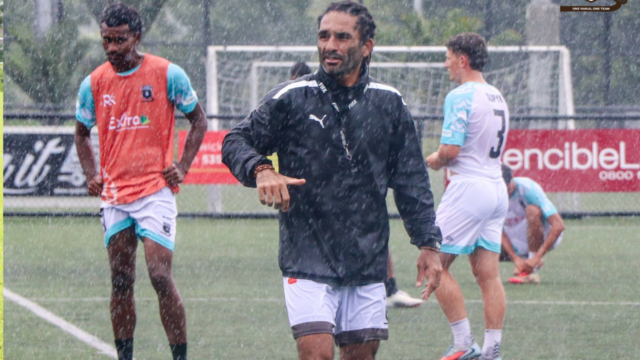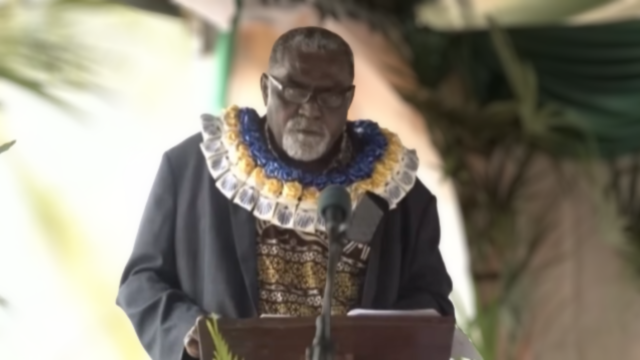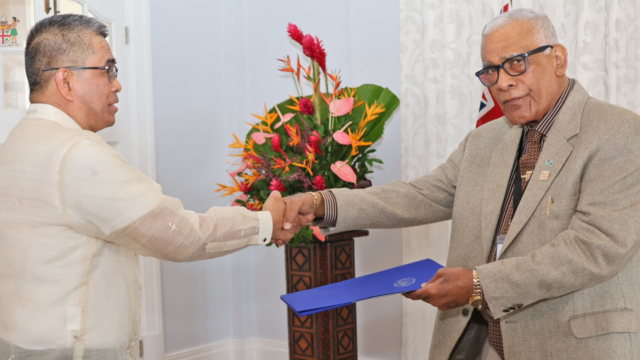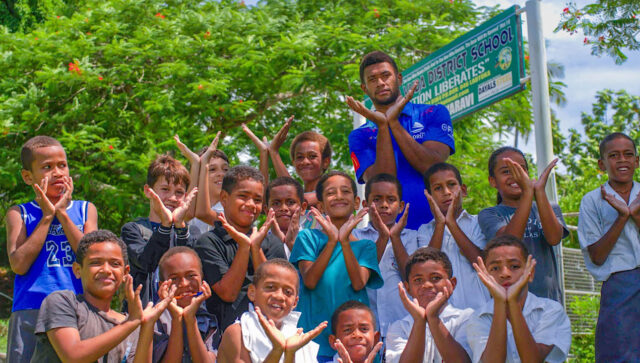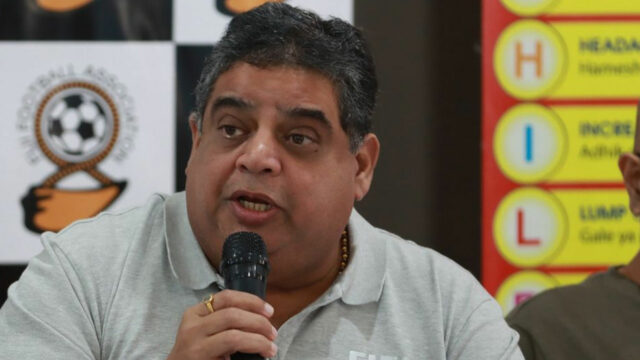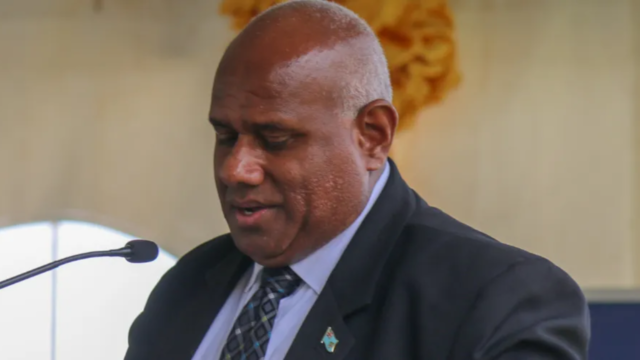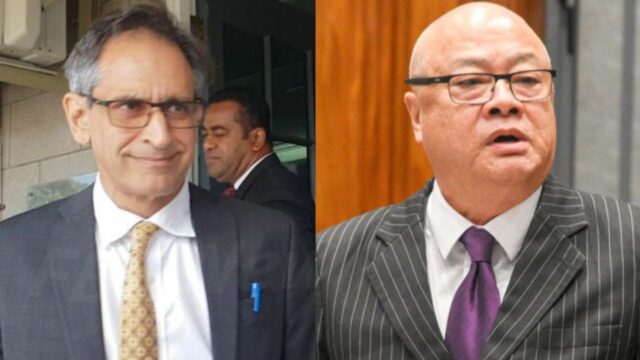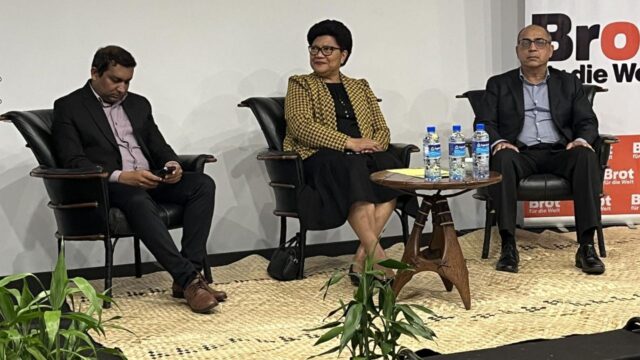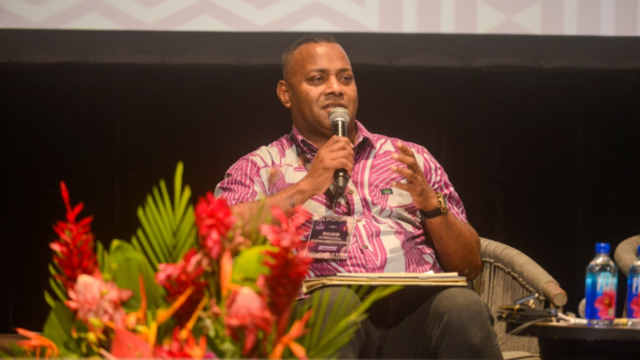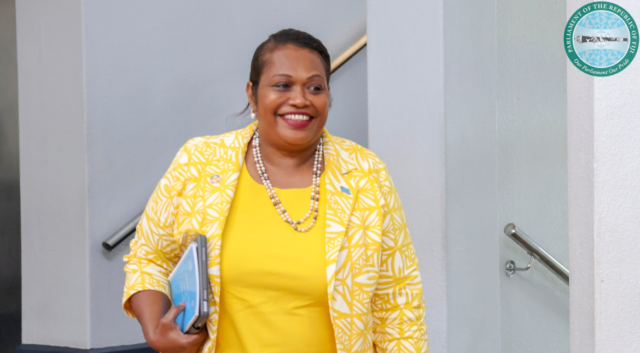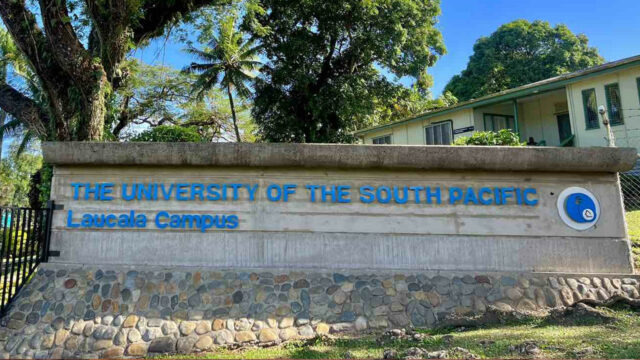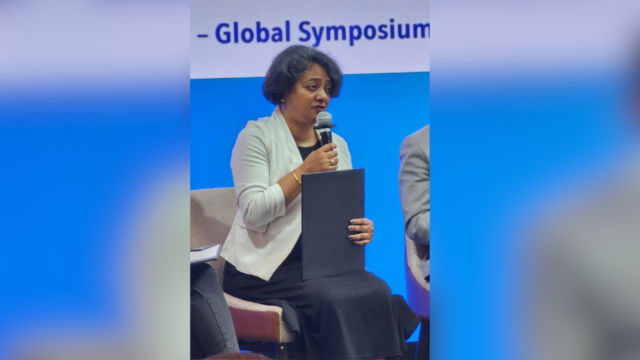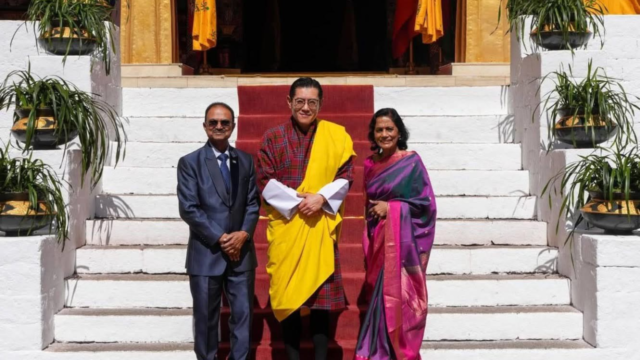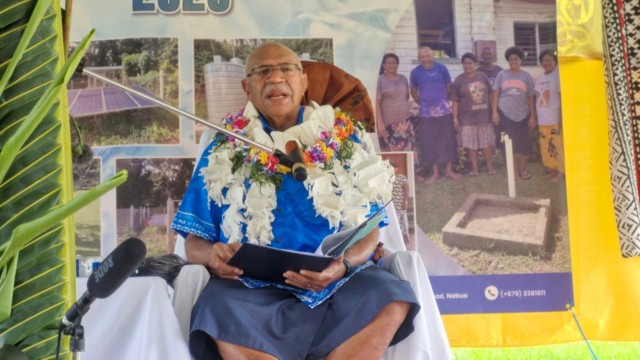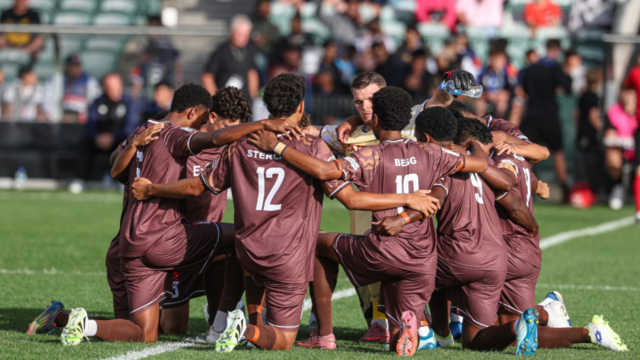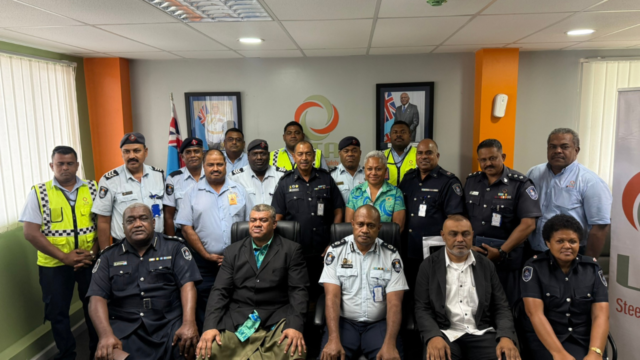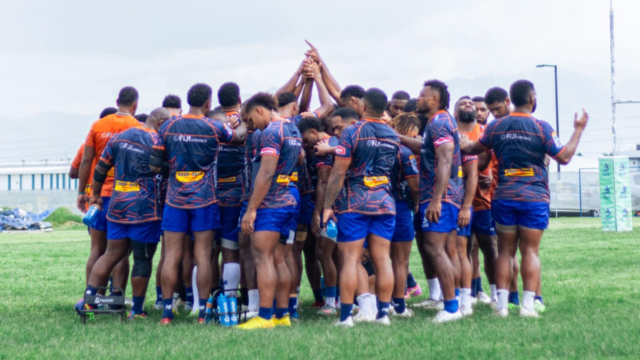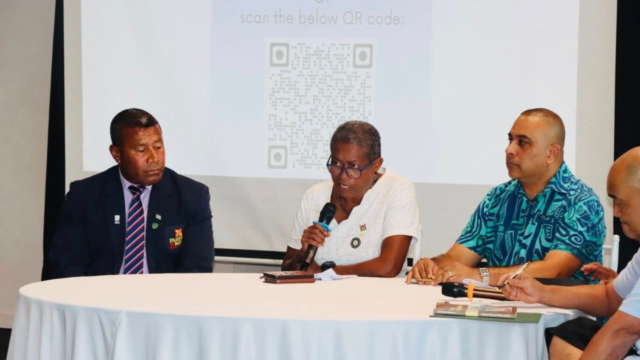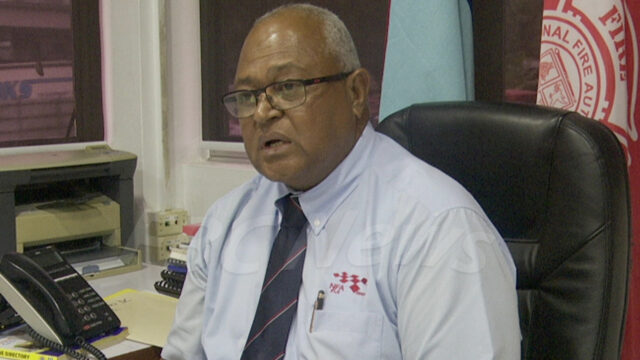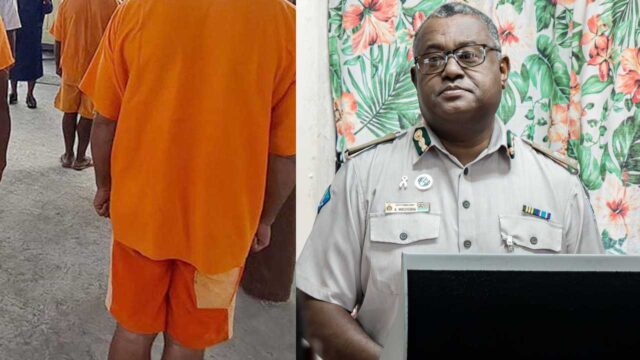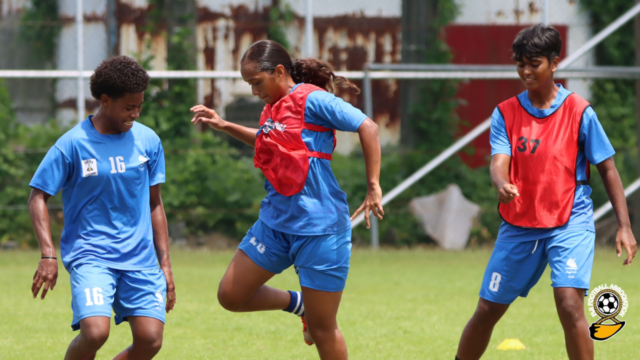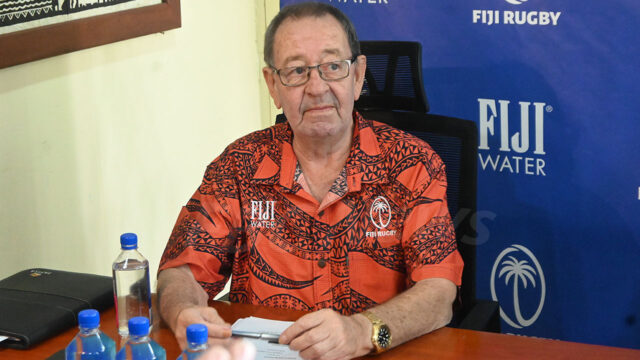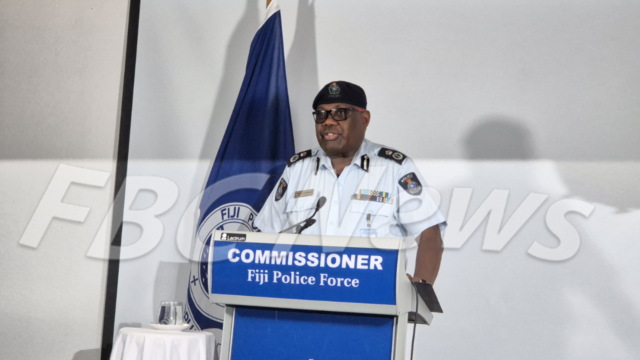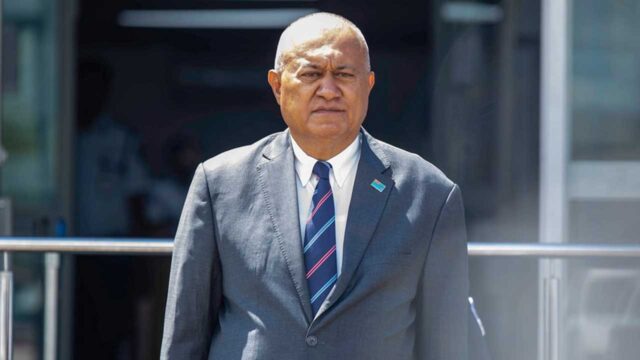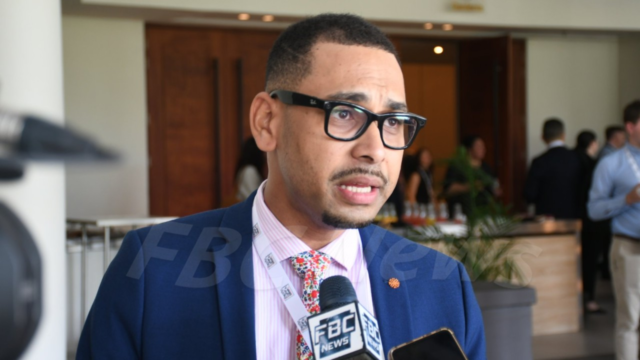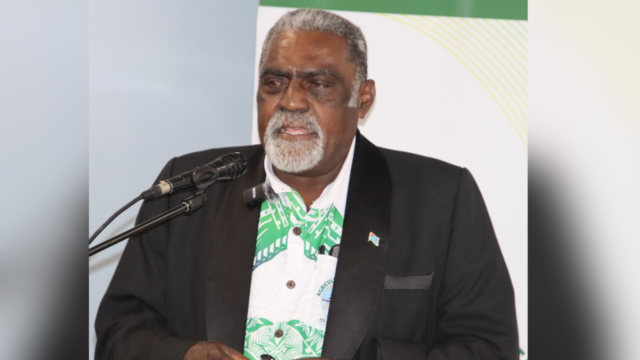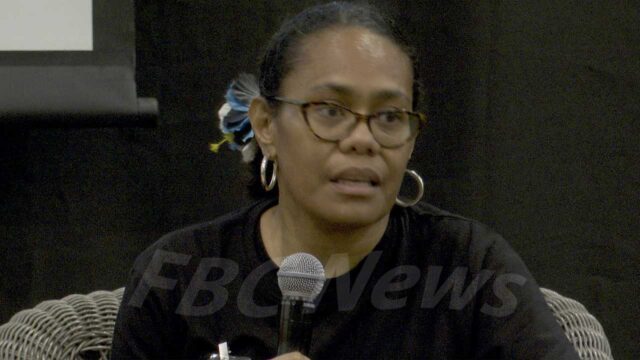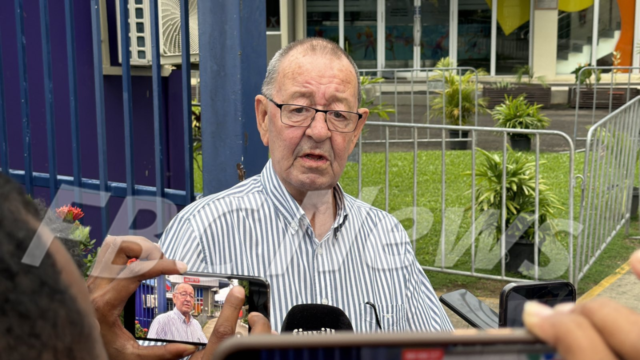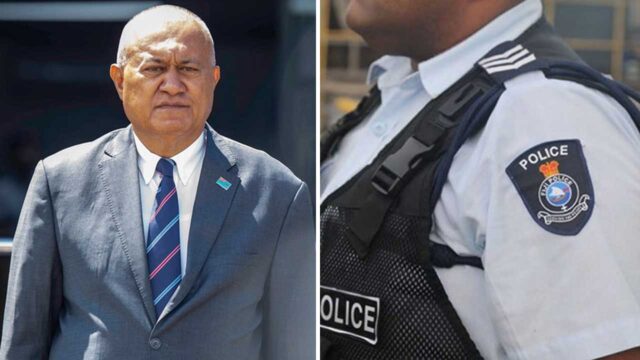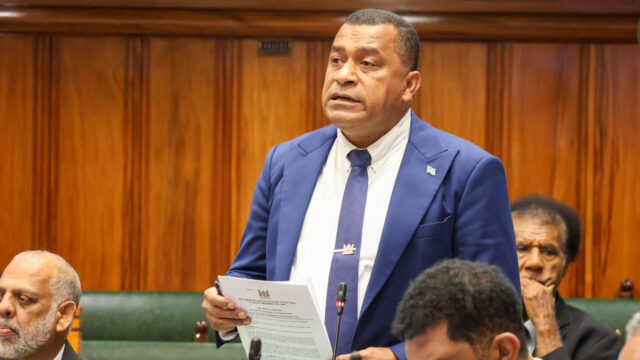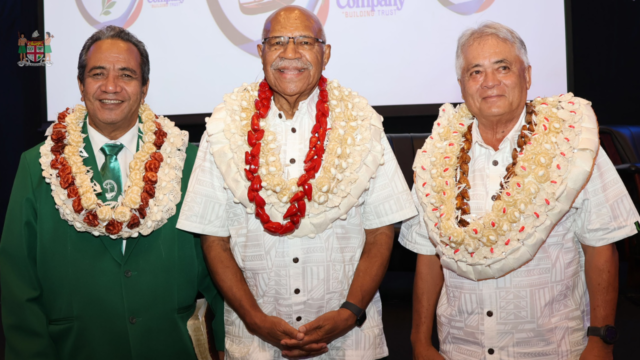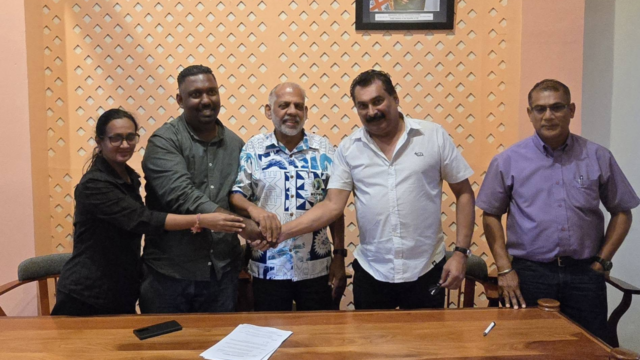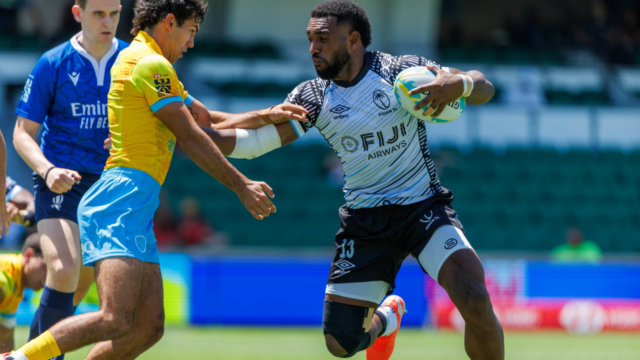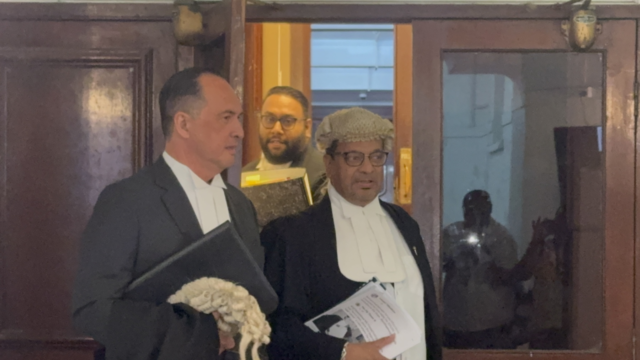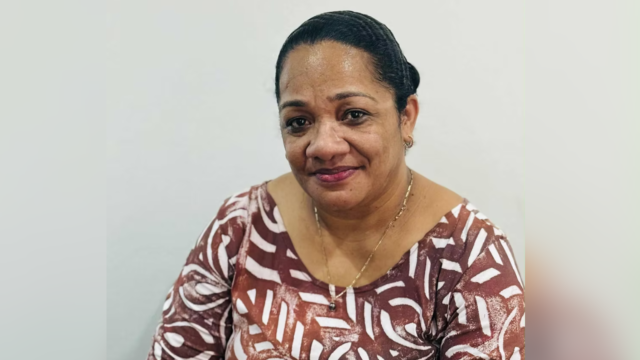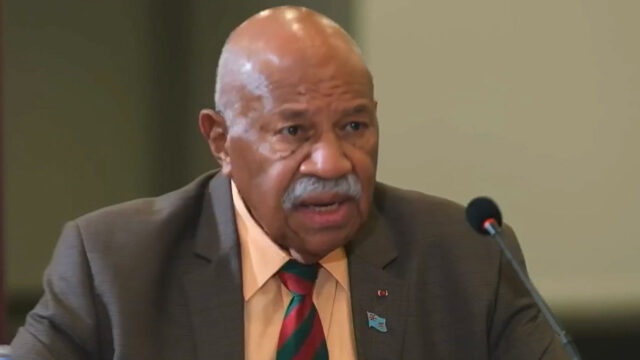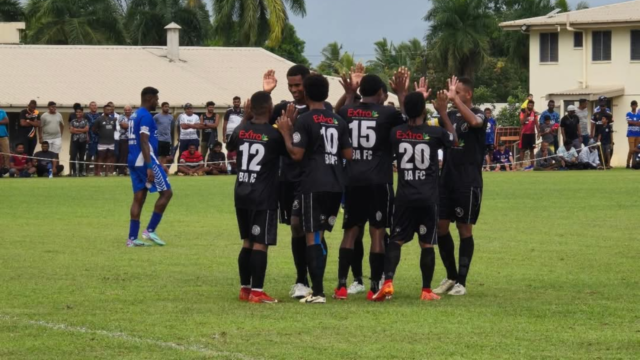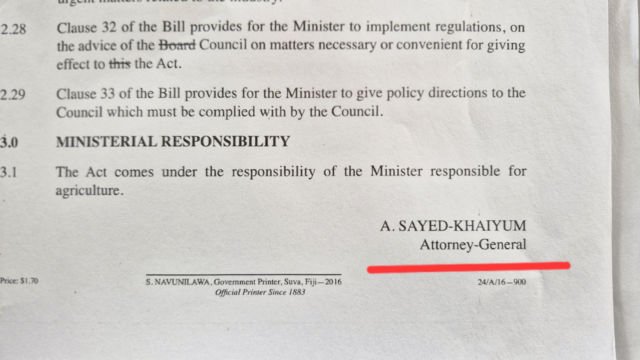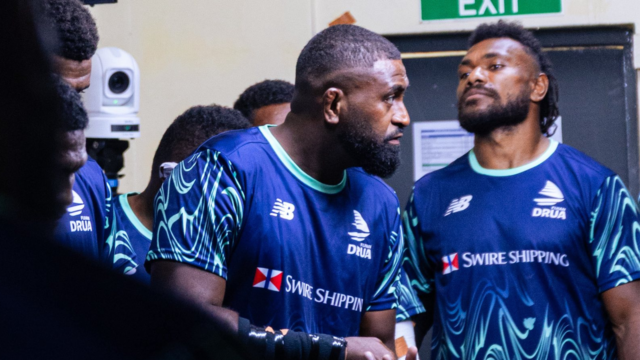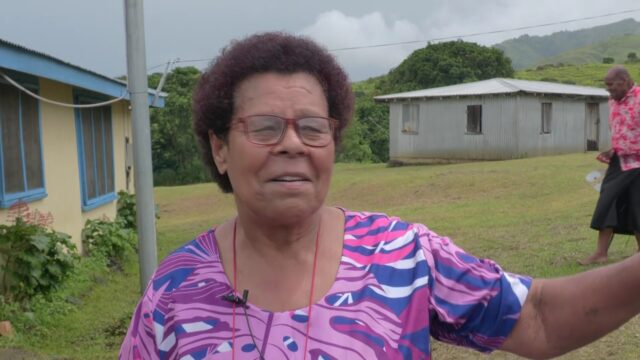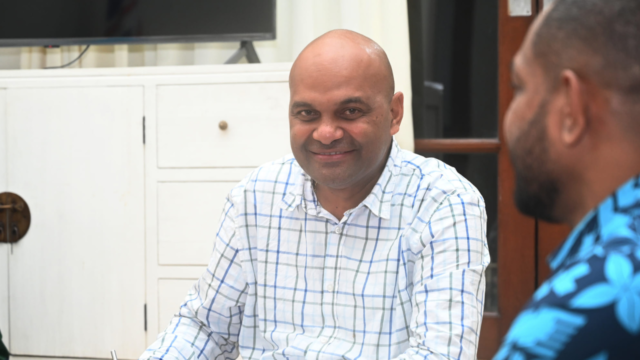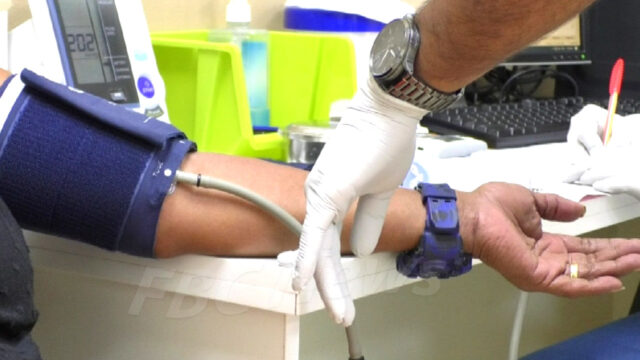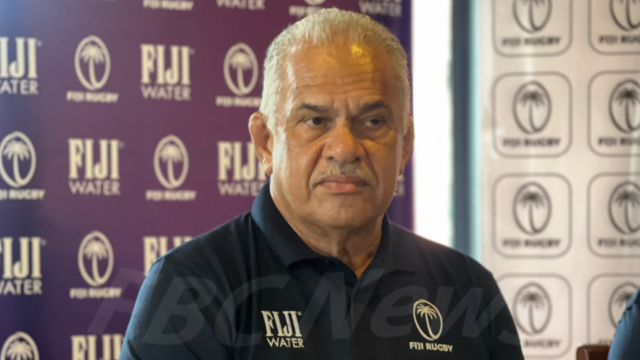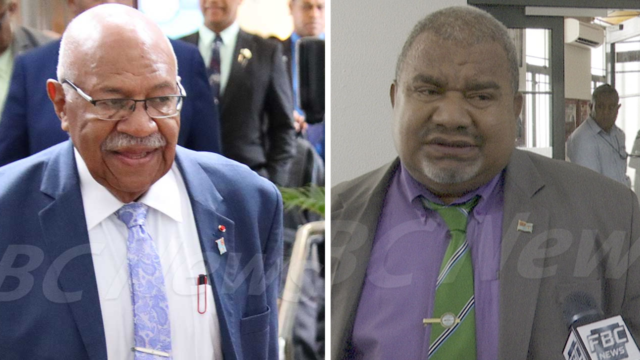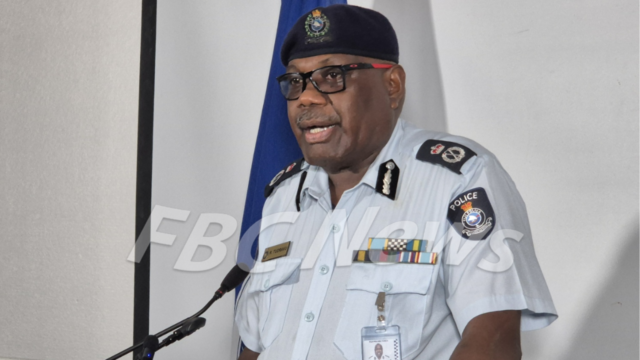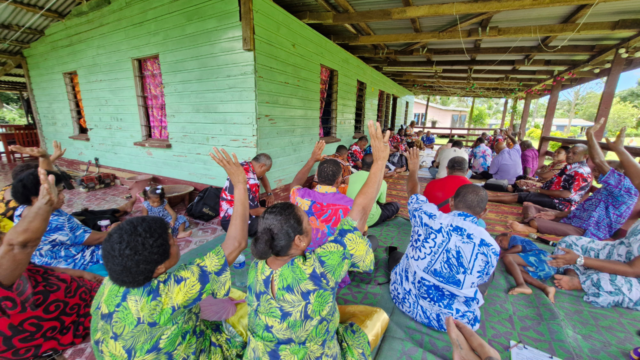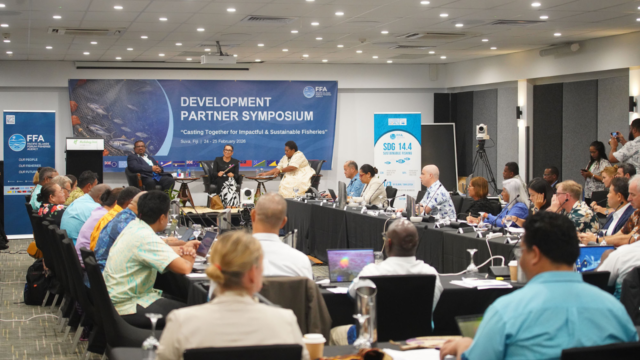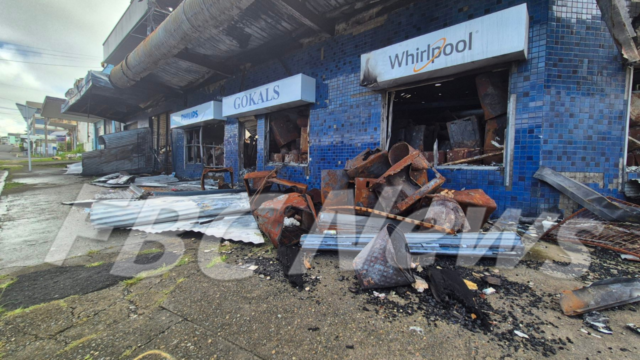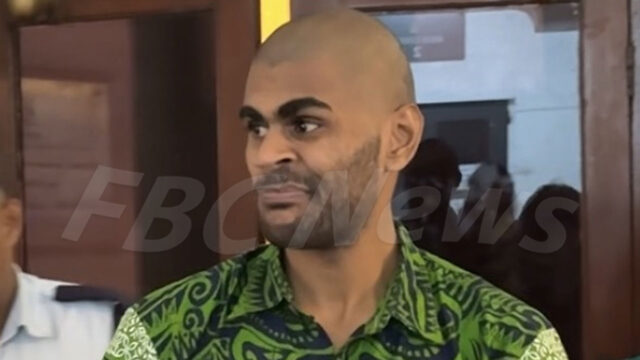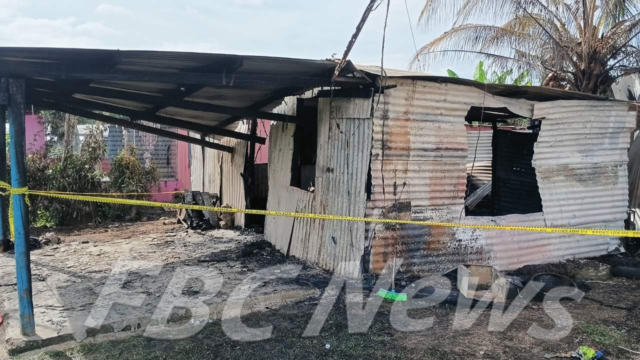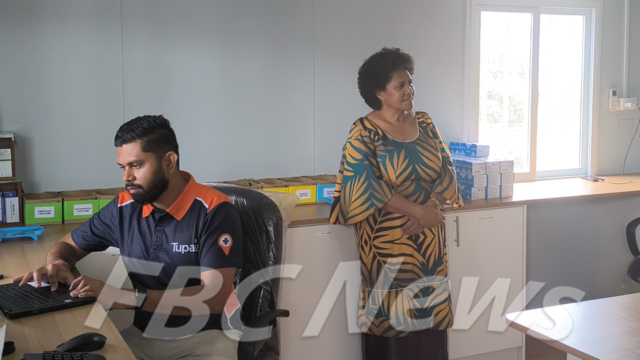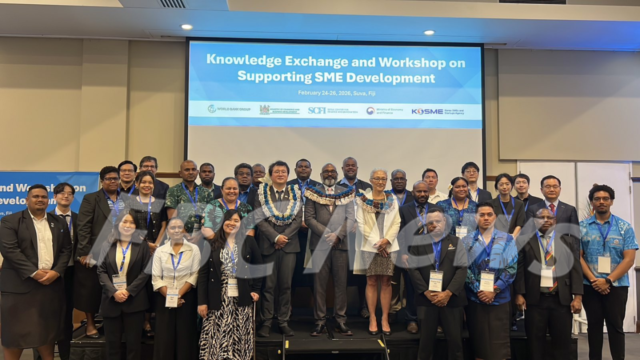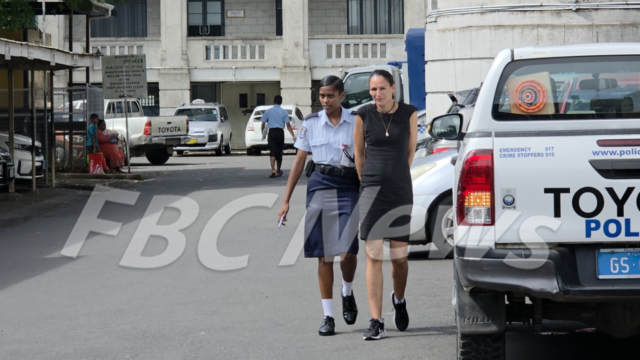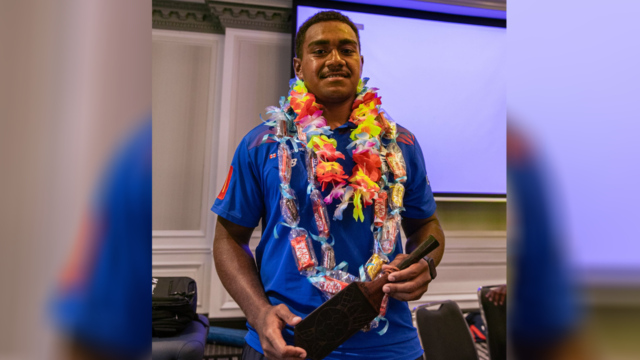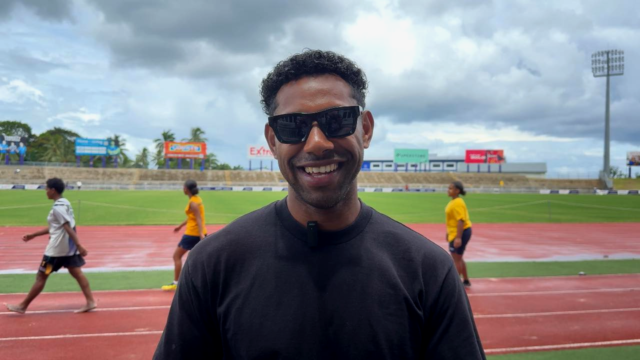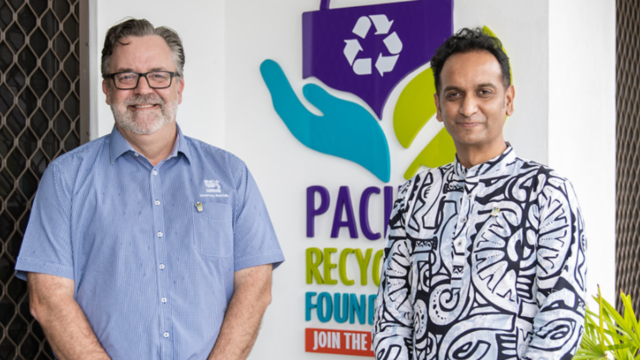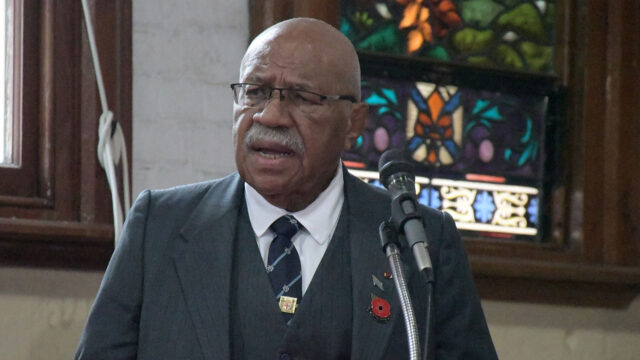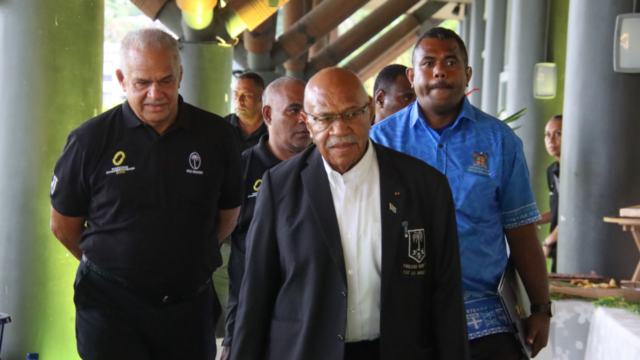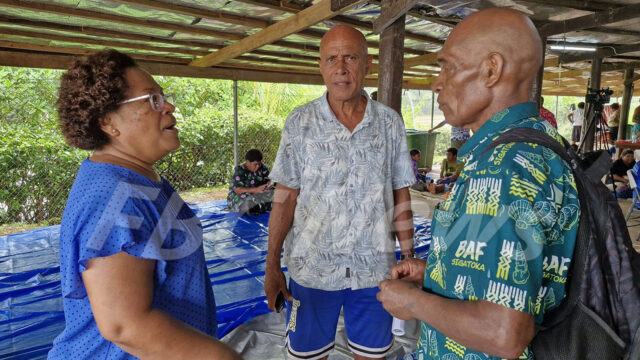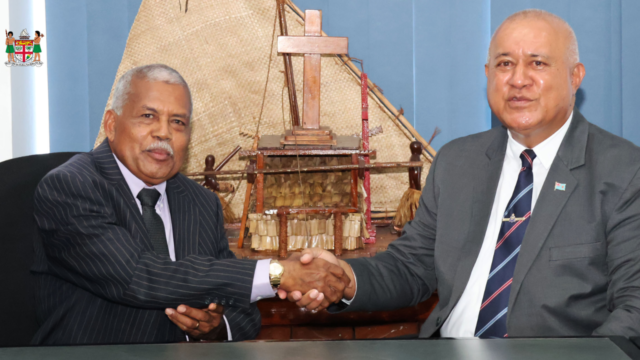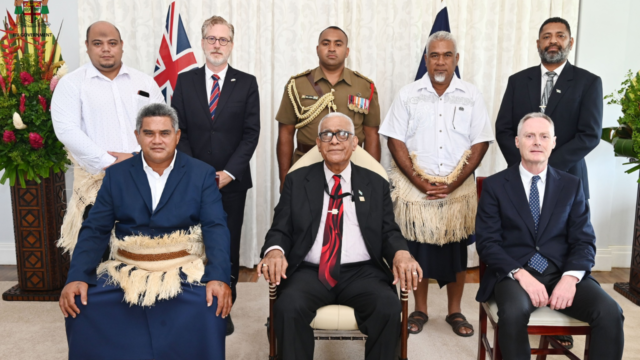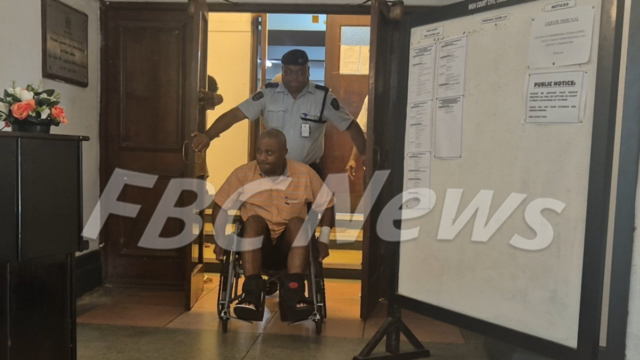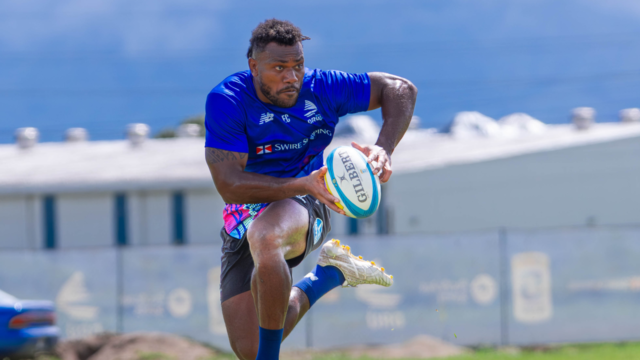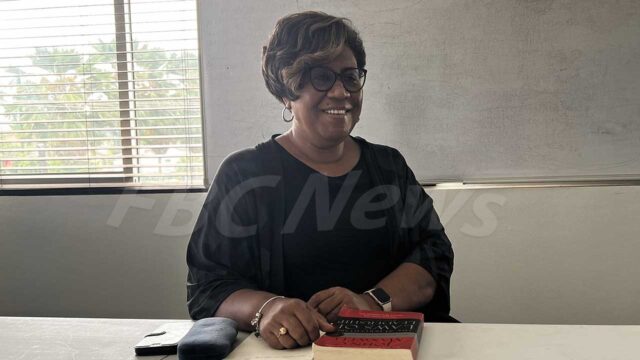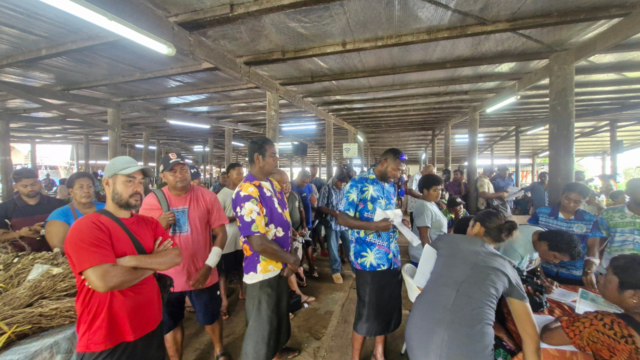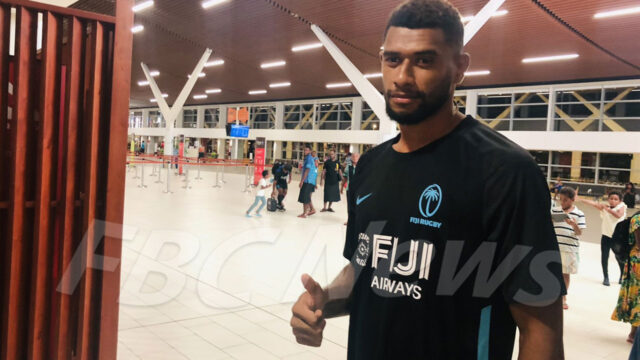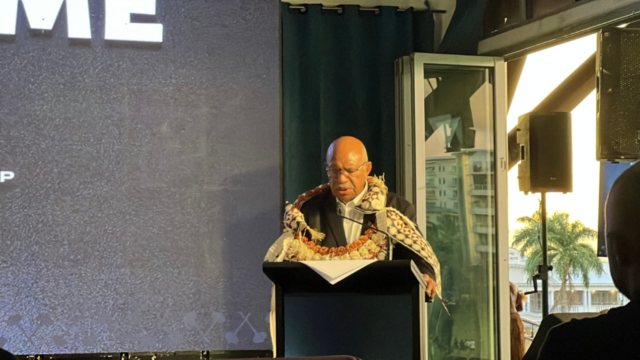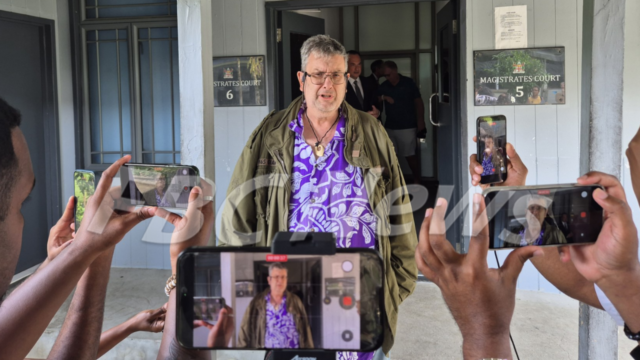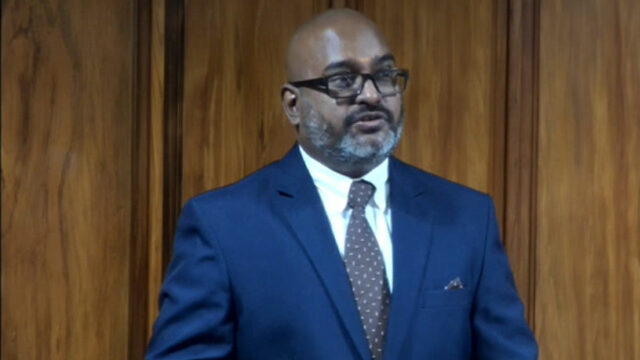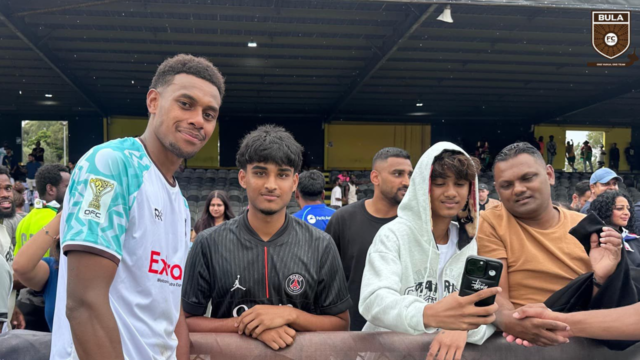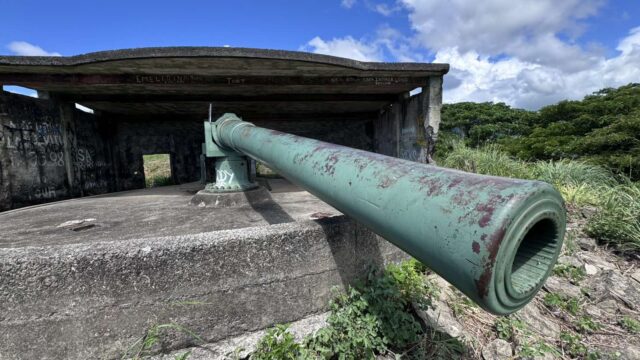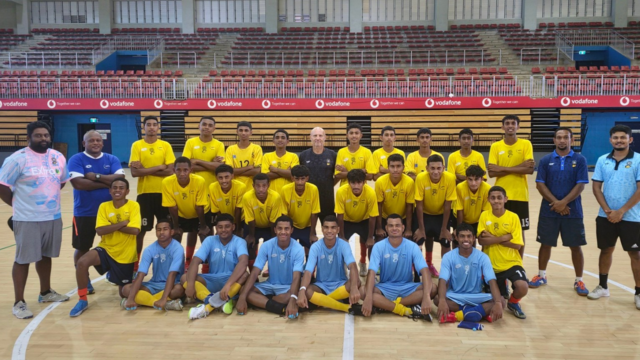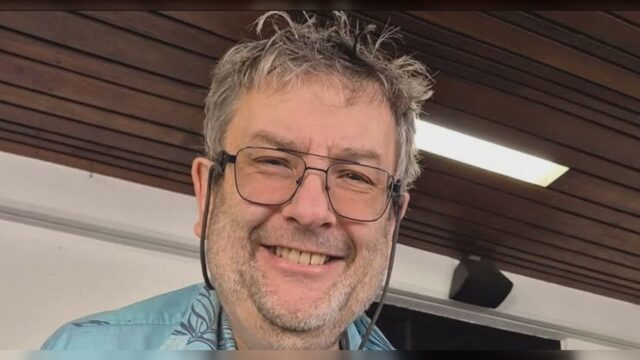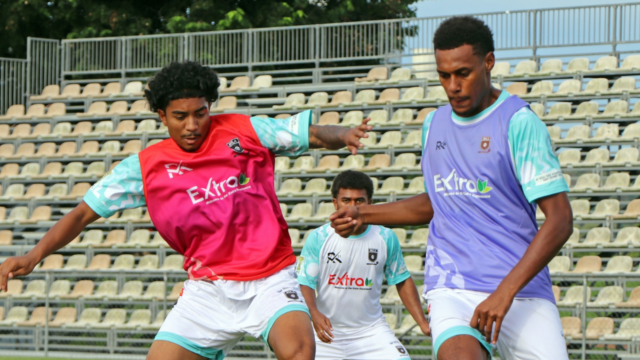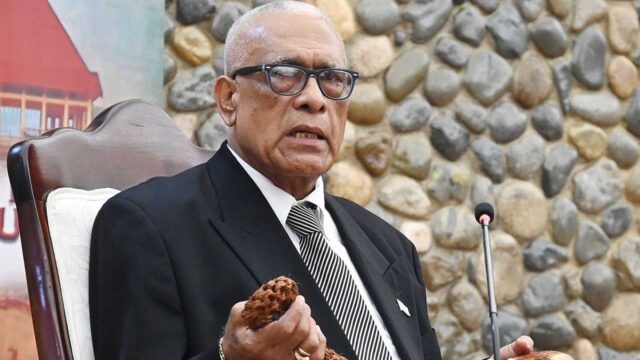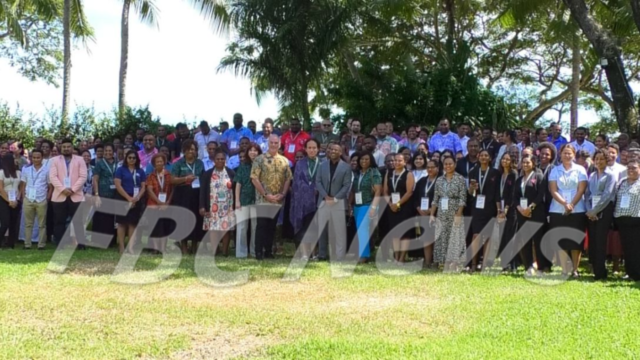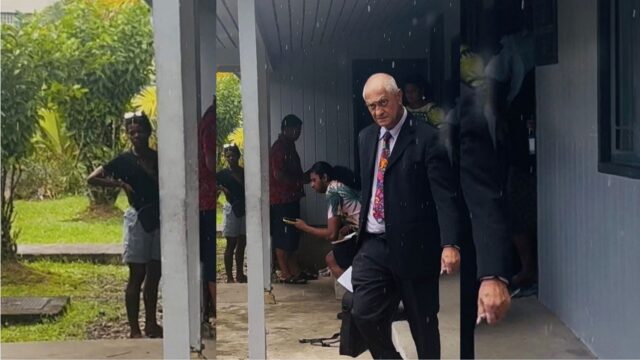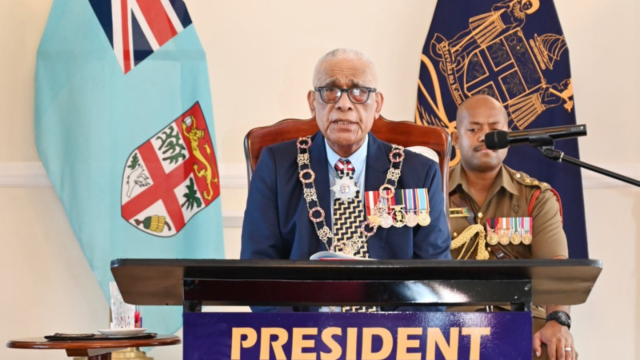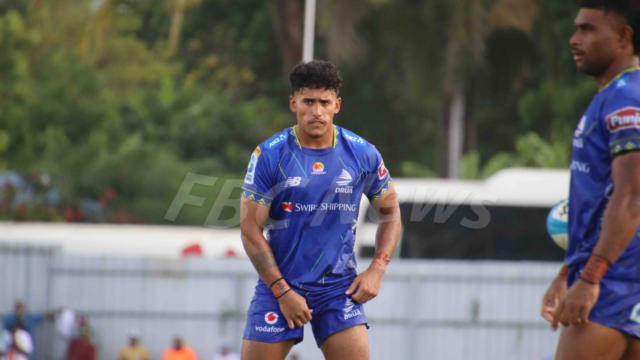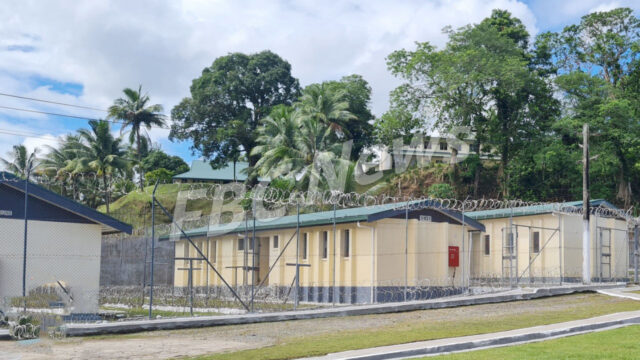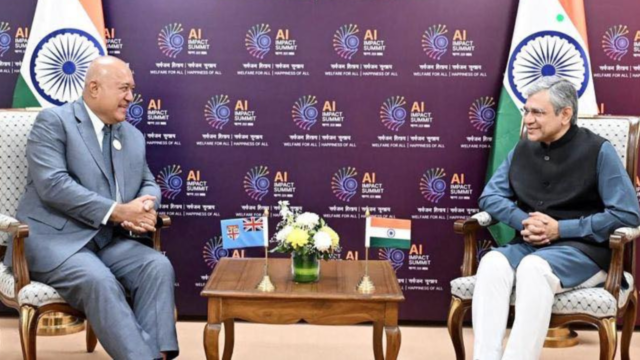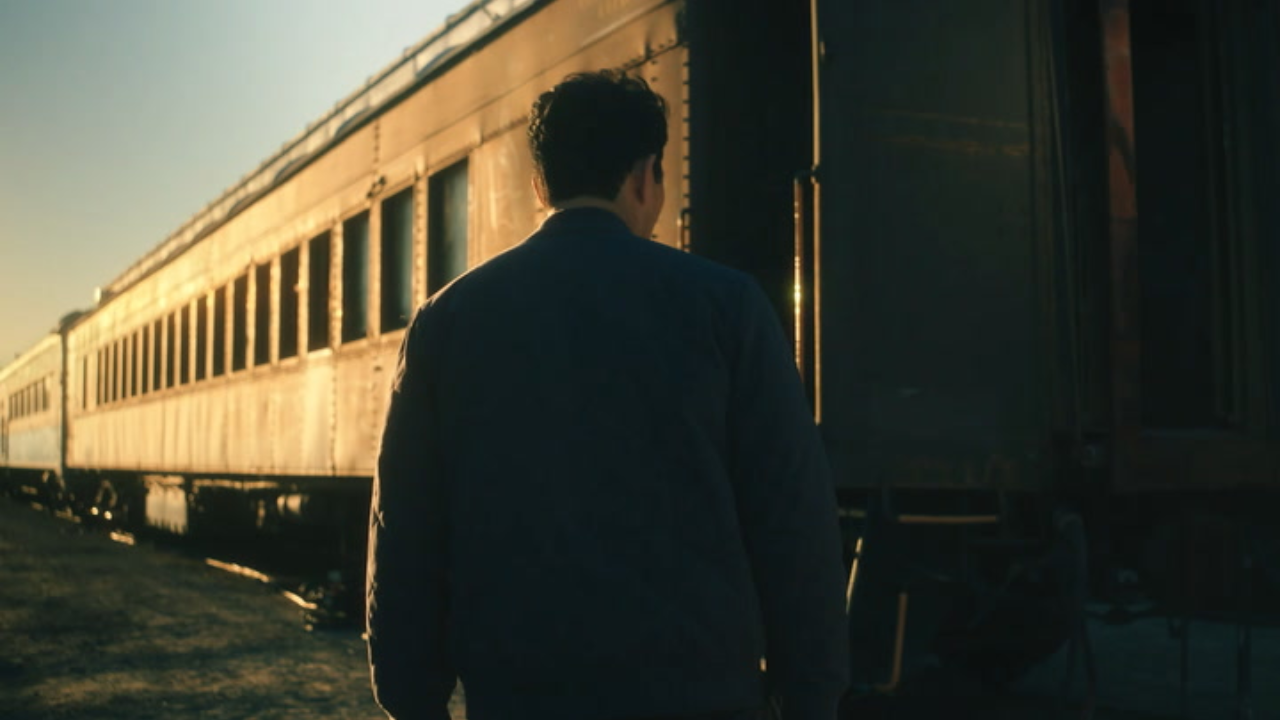
Source: Entertainment Weekly
Something doesn’t feel right.
Simu Liu has spent the day channeling the spy character he plays on his new Peacock drama The Copenhagen Test, and he’s taken the duty very seriously. And as the Entertainment Weekly cover shoot winds down, his spy-dy sense is tingling. He’s perfected the look of paranoia that motivates his quick change from baseball-cap casual to 007-ready suit, but would an agent who thinks his cover is blown stop to smolder at the camera?
“What a spy never does is stand around for no reason,” says the actor, suggesting a change in blocking to the final moment of the cover. “He’s got to walk off, because he’s got places to be. He’s got an assignment. He’s got to go.”
Leave it to a sweet Canadian to suggest less screen time for himself. But of course, in reviewing the footage afterward, it’s clearly the right call.
“I like to show up prepared,” Liu says a few weeks later, having invited EW over for some caffeine — in his case, an iced matcha latte — at the Marvel star’s former Los Angeles home (which he calls “the Shang-Chi present”) that now serves as his office.
“It’s not lost on me how rare it is for someone like me to be given even a hypothetical opportunity to be the lead of something. So whenever there’s a chance, I want people to know I’ve been intentional with the material.”
That mindfulness threads through every part of The Copenhagen Test, which Liu not only stars in but executive produces. Equal parts Tinker Tailor Soldier Spy, Black Mirror, and — as the cast and creative team reference repeatedly during our interviews — The Truman Show, the new drama (all eight season 1 episodes drop Dec. 27) envisions a world where our brains can be hacked just like our phones.
Liu stars as Alexander Hale, a low-level intelligence officer who discovers that an enemy entity has introduced nanite technology into his body — and is tapping his eyes and ears to gather secret information and sabotage missions. Alexander’s boss (Brian d’Arcy James) is also aware of the hack, and thrusts him into field ops work in an attempt to identify and capture the hacker. Now, not only is the enemy watching Alexander’s live feeds, so are his colleagues. He suddenly can’t trust that anything is real or anyone is telling him the truth — including the bartender (Melissa Barrera) who seems to have taken an interest in him.
“It creates a lot of really juicy layers that’ll hopefully make the audience lean in. Where they’re like, ‘Okay, I see that he’s looking at this… but is he looking at this because he’s looking at it, or is he looking at it because he wants [the enemy] to see that he’s looking at it?'” Liu says of Alexander serving as a triple agent of sorts, knowing that everything he sees, says, or hears will be relayed to the hacker.
“He becomes his own director,” Liu says of his character. “He’s an elite actor, but he’s also a director because he’s literally controlling the camera and being a storyteller.”
Sounds a lot like someone sipping a matcha latte.
The Copenhagen Test team classifies their new drama as “spy-fi,” but the premise — even the wildest part of it — is very much grounded in reality.
Series creator Thomas Brandon says the “winding, six-year process” from concept to greenlight began back in 2017.
“I was watching what I thought was the only Trump term,” recalls the former Legacies writer. “There was this moment where he gave away classified information to Russian ambassadors, and you could see the shock waves go through the intelligence community. It made me think, What if there really were a ‘deep state’ — but not in the conspiratorial sense? What if there were a group of incredibly boring bureaucrats who actually believed in the ideals of what this country could be, quietly trying to hold things together?”
That idea collided with Brandon’s love of John le Carré spy fiction and sci-fi.
“I started wondering what ‘five minutes in the future’ looks like,” he says. “Right now, I worry about my laptop being hacked. Next would be your eyes and ears. Then I found out that this kind of technology — neural dust — already exists in medical research.”
But even if the most futuristic element of his idea wasn’t complete fiction, Brandon knew he had to anchor the sci-fi with a compelling human element.
“The most interesting character to explore through this lens is someone who is a first-generation American whose family history would ‘raise questions’ in a way that my family history never would,” he says. “There would be this extra burden of proving your loyalty and your allegiance to this country. And I think that’s where the real thematic juice — what this says about this character and who we are as citizens in our own country — came from.”
“It was always an underdog story,” adds Jennifer Yale, who serves as co-showrunner alongside Brandon. “As someone who’s half Asian, I connected to that first-generation feeling of not knowing where you belong. How much do you give to a country that doesn’t necessarily accept you as one of its own?”
James Wan (co-creator of the Saw, Insidious, and Conjuring franchises) signed on as an executive producer, and had an idea for who might be perfect to explore those questions: a charming Chinese-born Canadian immigrant whose biggest credits to date had been a recurring role on season 1 of NBC’s adaptation of the Taken movies and Canadian sitcom Kim’s Convenience.
“This was before Shang-Chi had come out. Simu was in Australia doing reshoots for it and we Zoomed,” Brandon says of their 2020 conversation. “There was something about how good a listener he was. I thought, Okay, this guy can do more than action. He got the material.”
At the time, Liu was spending his pandemic lockdown speaking with writers and producers about his next big project after playing a superhero.
“I had gone straight from being a kid living in Toronto to filming this big Marvel movie across the world. I’d never even been to Hollywood. But suddenly, I was taking things they told me were called ‘general meetings,'” he explains. “Nobody had told me what an ‘attachment’ was. I didn’t have any of that background knowledge. But this script got sent through — a really intimate look at how it would be if someone like me worked at the CIA, meaning someone who was born in China. I mean, let’s not mince words: There’s always been political tension between China and the U.S. So what does it mean for [Alexander, a first-generation Chinese American] to be an analyst and safeguarding some of America’s highest level of secrets? What barriers must he deal with? What kind of loyalty tests does he face?”
One test is the titular Copenhagen Test, which Alexander faces in the prologue that opens Liu’s new series. While on a mission in Belarus, an unknown voice patches into his comms and tells the Green Beret there’s room in the helicopter to rescue one civilian, and to prioritize an American. Almost instantly, he comes across a local child, only to then be approached by an American woman pleading to be evacuated. What Alexander chooses to do is not instantly revealed. But as we find the character in present day — working as an analyst for the Orphanage, a secret government organization that watches over and serves as “internal affairs” for the U.S. intelligence community — the impact of his decision is clear.
“I was really hard on them about the panic attacks,” Liu says of working with the Copenhagen writers on Alexander’s anxiety disorder. “You can’t just throw one in when it’s convenient for the story. Panic doesn’t happen after a fight — it hits in the quiet moments, when the pillars of your reality start to shake.”
That level of thoughtfulness only further convinced Brandon that Liu was the right man for the job.
“He also brought this lightness, this charm that hadn’t been there before,” the series creator says of crafting the second episode with the Canadian’s face in his mind. “Originally, Alexander was dour, brooding. But Simu’s natural effervescence gave us someone you want to root for, even as he’s walking down a thousand hallways broodingly.”
And as the rest of the season fleshed out, “Simu actually joined our writers’ room for the first two weeks,” Yale reveals. “He loves the creative process. He wasn’t just an executive producer in name. He’d focus on relationships between other characters, not just his own. He was so thoughtful about the story as a whole.”
Key to that story is Melissa Barrera’s character, who goes by a few names on the show — including Michelle and Natalie — though we don’t know if any of them are her real one. (“I use Michelle because that’s what everybody called me on set,” says the the Scream and In the Heights star, so we’ll use it here too.)
Michelle is an Orphanage operative tasked with getting close to Alexander, going from his bartender to his girlfriend, requiring her to put on different personas in an instant.
“I grew up on spy shows,” Barrera explains of what interested her in The Copenhagen Test. “Alias was my obsession. In school, I’d take a pen and write the symbol that they had on [my arm]. I was Googling how to become a spy, how to get recruited by the CIA. It was that level of obsession.” On top of that, “I was at a point in my life where I needed to have fun,” the actress says of signing onto the series last summer, “and I did.”
That fun included some epic fight sequences.
“She’s such a badass,” Liu says of Barrera doing her own stunts, under the guidance of Chris and James Mark, two brothers based out of Toronto. “I actually grew up idolizing them as a 14-year-old kid. They were these OG YouTube stars doing parkour all over the city,” Liu explains of the brothers, whom he was thrilled to see in the pile of possible Copenhagen stunt coordinators. “It was watching those videos that made me want to go out and learn gymnastics and back flips and things like that.”
“I’d drill the routine for weeks and Simu would show up and be like, ‘Oh, let me try to remember it really quick’ and then do it perfectly,” Barrera recalls. It was important to the actress that she was “on Simu’s level” but also that it was “realistic” that she take on men much taller and muscular than her — eventually finding inspiration in Tom Cruise.
“I think it was in one of the Mission: Impossible movies that he has this really cool elbow sequence,” she says of the action star. “And I was like, ‘That’s Michelle’s style.’ I wanted to get really specific, so we dug into where she would have been trained. General audiences might not pick up on it, but people who know fighting, I hope they clock the small things that we added in as we established her fighting language.”
But Copenhagen isn’t all elbows to the face. The drama also makes room for romance. Though, as with all things in Alexander’s life, the lines between what’s true and what’s for show are extremely blurred.
“The audience has to believe something real is happening between them,” Barrera says of Alexander and Michelle. “Even if she’s lying, there are these moments of honesty where you want to believe she likes him. Honestly, I don’t even know how much of it is real.”
Liu likens the dynamic to a show he watches regularly with his fiancée: “It’s like Love Island,” he muses, laughing. “They know people are watching, they’re performing, but maybe there’s something genuine underneath. That duality is what makes it interesting.”
Complicating matters is Parker (The Other Black Girl’s Sinclair Daniel), a junior analyst who’s thrust into the mix after the Orphanage leadership realize she’s the only one in their ranks who predicted the type of hack Alexander is a part of. She’s tasked with monitoring and anticipating Alexander’s every move — all from the shadows of a control room full of screens.
“It’s funny, because her most important relationship is with someone she doesn’t meet,” Daniel says. “Some days I’d be staring at a gray screen for hours, pretending I could see him. It got lonely, but also kind of perfect for the role,” adds the actress, who ended up asking to come to set on her off days when they were shooting scenes she would later be tasked with pretending to see on screen.
For the mission to work, “someone must know Alexander completely, intimately, inside and out,” Liu adds. “Everything that Michelle is saying and everything that is placed in his life, Parker is the architect of all of that.”
Barrera describes the Parker-Alexander-Michelle relationship as a “triangle” — though a true triangle, not just one where Alexander is the focal point. In fact, the showrunners found Barrera and Daniel’s interactions so intriguing that scenes were rewritten to bring the two women face-to-face.
“They realized our dynamic was so electric that they changed some phone calls into in-person scenes,” Daniel says. “It became this odd-couple friendship: two women who wouldn’t normally connect, but somehow do.”
Nothing is completely straightforward on The Copenhagen Test. But while Parker and Michelle’s relationships with Alexander sound complicated, they’re nothing compared to the rest of the Orphanage, which teems with characters whose loyalties are never certain.
“We worked hard not to cheat,” Brandon says. “You can’t just have someone deliver a line ominously and then reveal they’re the good guy later. We always asked, ‘What’s true for this character right now?'”
Those characters include the sharp but skeptical Cobb (Ready or Not’s Mark O’Brien), who correctly suspects Alexander is the leak costing agents their lives. But he’s not in the inner circle of the mission, and is enraged that Orphanage leadership doesn’t seem to care about what he sees as a secret double agent operating right under their noses.
“I love paranoid ’70s thrillers,” says O’Brien. “This show taps into that. Cobb might seem like an antagonist, but really, he’s just telling the truth — and Alexander knows it. That’s what makes it tense.”
The inner circle is led by director Moira (Brian d’Arcy James), a moral pragmatist guiding the Orphanage.
“I love this genre,” James says, visibly giddy about being part of a spy series. “These people make morally questionable choices for what they believe is the greater good. It’s fascinating to step into that mindset,” he adds. “And it was really satisfying to get to go toe-to-toe with Simu’s character — who is arguably the coolest person you’ve ever seen on television — and get to be in this situation when we concoct our plans to really be playing a cat and mouse game. We’re both on the razor’s edge of trying to figure out How much can I trust you?”
Rounding out the main cast is theater legend Kathleen Chalfant as the formidable St. George, Moira’s superior and the Orphanage’s most enigmatic presence.
“It’s an interesting character to play because she doesn’t talk very much. There’s a thin line between subtlety and doing nothing at all…. You hope you’re always on the side of subtlety,” says the actress, who credits the costume design for helping define her character. “Almost everyone else wears dark colors, and she’s always in white. It says something: that she’s both mysterious and wants you to see that she’s there.”
Alexander certainly doesn’t share that luxury, having to even limit the emotions heard in his voice, lest those listening in sense he’s on to them. But that restraint provided a chance for unique storytelling, with Brandon asking the series directors to keep the camera close to Liu’s face whenever possible.
“The enemy can see through his eyes and hear through his ears,” Brandon says, “but they can’t see his face. We wanted the audience to have that private window into his real thoughts.”
He also wanted The Copenhagen Test to look timeless — a mix of the analog and the futuristic.
“We always said it’s a period piece, just for a period that hasn’t happened yet. We’d tell every department: Give us something new and digital, but also something old and tactile,” says Brandon, with Yale adding that “there’s nostalgia baked into spy stories. You feel like you’re watching something classic, but we’re doing it in a way you haven’t seen before. We mixed the ’70s wood-paneled warmth with colder, brutalist modern spaces.”
The modern spaces weren’t the only things cold. Copenhagen filmed on location in Toronto, through months of grueling winter.
“It was historically cold,” Liu explains. “But it was special. We shot across the street from where Kim’s Convenience filmed. Crew members were wearing their old Kim’s shirts. It felt like a full-circle moment.”
Despite (or perhaps because of) the chill, the cast bonded quickly — over game nights, shared apartments, and long hours — though, Barrera still admits, “I don’t know how Torontonians do it. My two chihuahuas had boots and coats. It snowed from October to March. But it makes sense for the show. People are going to be watching it in winter, cozy at home. It’ll feel right.”
The rest of the Copenhagen team hopes viewers will agree, using their holiday break to binge through to the finale, which Brandon promises will provide “emotional closure” but “also opens a much bigger question — the why. That’s what would lead us into season 2.”
Liu agrees, smiling at the thought.
“We built this incredible world,” he says. “Alexander’s been a gift. He’s an important character: a Chinese American spy fighting for his country, making his parents proud, making his country proud. I’d love to keep exploring that.”
Stream the best of Fiji on VITI+. Anytime. Anywhere.

 Entertainment Weekly
Entertainment Weekly
